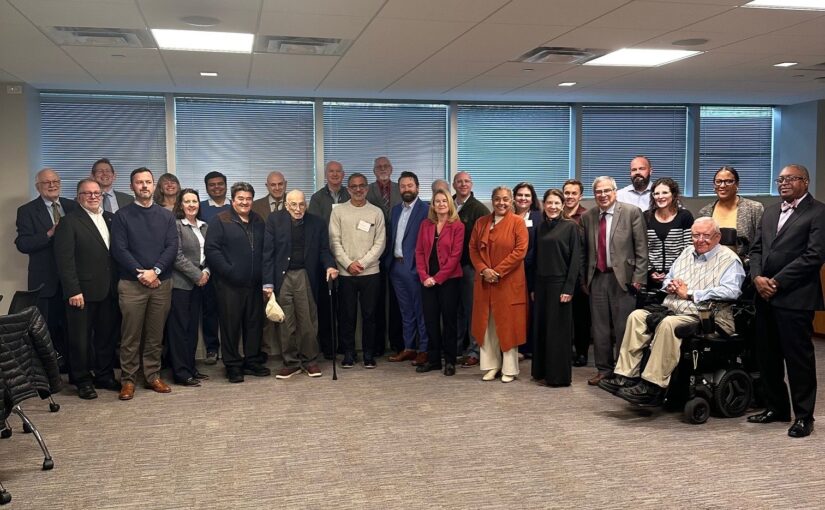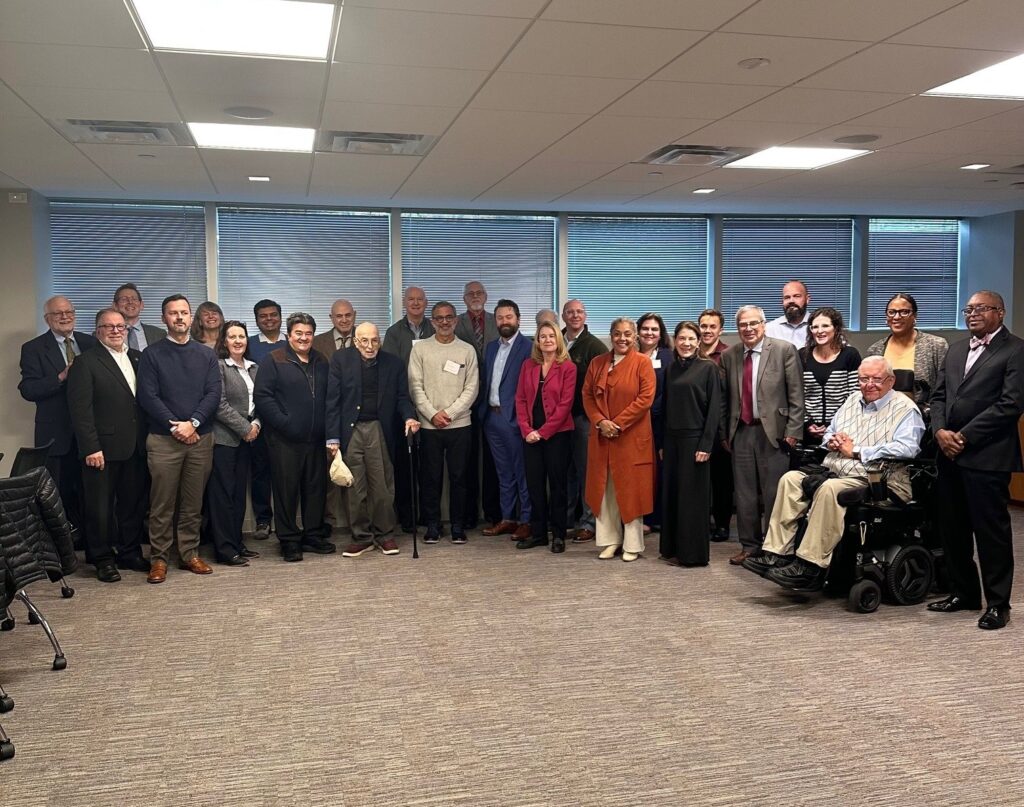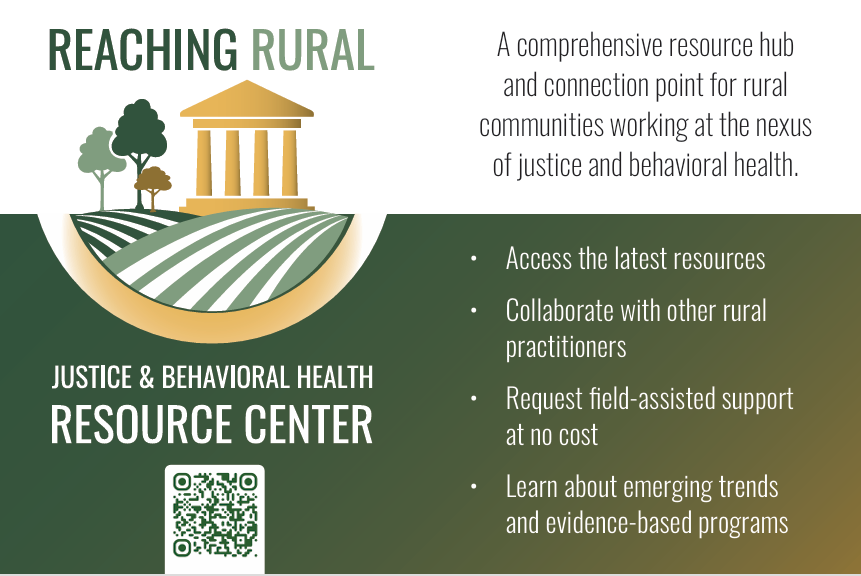Traffic cases continue to dominate state court caseloads while growing civil dockets are surpassing criminal cases with the second largest number of filings, according to newly released data from NCSC’s Court Statistics Project (CSP).
“We’ve been tracking traffic trends for some time, so we’re not surprised by the 2024 data showing that traffic filings continued to recover after one of the largest drops during the pandemic,” said Nicole Waters, NCSC’s director of data, analytics, and forecasting. “By tracking these state and national trends, we provide important data-driven insights courts can use in their decision-making.”
Delivering a comprehensive overview
In 2024, states saw traffic infractions accounting for about 46% of all incoming cases. An 11% increase in contract cases, including growing numbers of real property disputes, prompted the rise in civil filings.
The updated CSP dashboards reflect data from over 200 reporting units that was either self-reported or collected through alternate sources like annual reports. These interactive dashboards provide overviews for trial and appellate courts and track data points including incoming case types, clearance rates, dispositions, and trials (bench and jury).
Comparing court structures & governance
The Court Statistics Project also maintains data on how state and local courts are organized, structured, and governed in its State Court Organization dashboard. A recent upgrade to the dashboard includes enhanced filters, summaries, and related resources.
A longstanding commitment to court statistics
A collaborative initiative of NCSC and the Conference of State Court Administrators (COSCA), the Court Statistics Project collects, analyzes, and publishes caseload data from state courts across the country, offering insights that empower court leaders to make data-driven decisions.
For over 50 years, CSP has served as the primary resource for understanding trends in court operations, helping stakeholders allocate resources, implement policies, and improve public trust in the justice system.
Learn more about the Court Statistics Project.
Read more here: Explore court caseload data | National Center for State Courts





